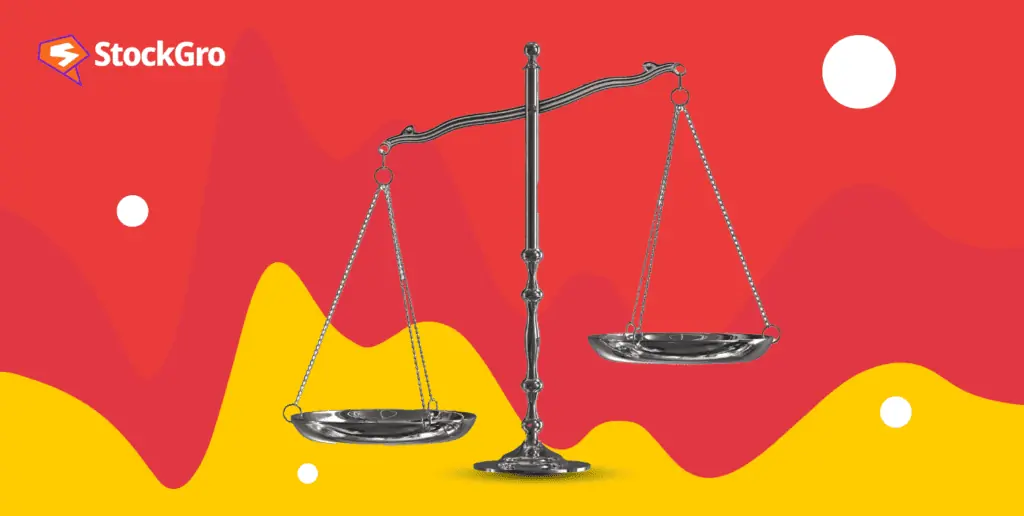
Unfair trade practices are dishonest or unethical methods used to gain business. They include false advertising or representation of a good or service and misrepresentation. For example, if a company says a shirt is made of 100% cotton when it’s not, that’s misrepresentation.
False advertising is when a company advertises the benefits of a product that don’t exist. In India, these acts are illegal under the Consumer Protection Law, allowing consumers to seek compensatory or punitive damages in rupees. Such practices are also known as “deceptive trade practices” or “unfair business practices.”
You may also like: What is swing trading?
Unfair trade practices
Unfair trade practices often happen during the buying of goods and services, renting, insurance claims, and collecting debts. These laws began to take form in the US during the 1960s and 1970s, but similar laws exist in India to protect consumers. In India, the Consumer Protection Act addresses these concerns, covering everyone involved in commerce. It defines acts as unfair when they:
- Cause or likely cause substantial harm to buyers.
- Can’t be reasonably avoided by buyers.
- Aren’t balanced out by benefits to buyers or competition.
Over time, various states in India have adopted and tailored these laws to help prevent unfair trade practices. If wronged, consumers should check their state’s consumer protection law to see if they can take action.
Deceptive practices
A deceptive practice is when an action or habit tricks or can trick a buyer. It is counted as deceptive if:
- A statement, missing information, or habit fools or may fool the buyer.
- A buyer’s understanding of the statement, missing information, or habit is seen as fair in the situation.
- The tricking statement, missing information, or habit is important.
Since then, many states have made these laws to stop unfair trade actions. Buyers who have been harmed should check the unfair trade action law in their state to see if they can take action.
Also Read: How does intraday trading work?
Unfair trade practices prevention in India
The Indian government, seeing the necessity to shield buyers from deceit by sellers, made several laws. Laws like the Indian Contract Act, Prevention of Food Adulteration Act, and others were made to help unhappy customers. Yet, these laws had a long, pricey legal path because buyers needed to start a civil suit. To fix this, the Consumer Protection Act, of 1986 came about for easier and faster solutions to consumer problems.
But with changes over time, it was replaced by the Consumer Protection Act, of 2019. This new Act made an organization called the Central Consumer Protection Authority to stop or act against unfair trade practices. The phrase “unfair trade practice” talks about dishonest or wrong ways used to get businesses to profit or to harm the consumer.
The Consumer Protection Act says such practices are against the law. The law’s goal is to let buyers make smart choices on what they buy. Unfair practices include lying about a product or service, misleading ads, wrong pricing, and not following standards. Such actions are also known as “deceptive trade practices” or “unfair business practices.”
False representation
False representation is when a shop or person lies about what they are selling to sell more. This can include:
- Lying about how good, how much, or what kind of product is.
- Selling old things as if they were new.
- Saying false things about who likes or supports the product.
- Tricking people about how useful or needed a product is.
- Offering fake promises about fixing or keeping the product well.
- Lying about usual prices to trick people.
- Saying false bad things about other people’s products.
Also Read: How safe is it to trade in the dabba market? All about dabba trading
False offer of bargain price:
This is when a product is told to be at a “bargain price,” but they don’t really want to sell it at this price for a fair time or amount. It tricks people into thinking they are getting a good deal.
Free gift offer and prize scheme:
Tricky gift offers and prize schemes to get more sales also count as unfair. This includes:
- Offering gifts or prizes with a sneaky plan.
- Lying about something being free when its cost is hidden.
- Having contests or lotteries to pull in buyers mainly to increase sales.
Not following set standards:
Selling things that don’t meet the safety or quality standards set by the authorities is unfair.
Hoarding or destruction:
Keeping a lot of goods hidden, destroying them, or not selling them to make prices go up is unfair. For example, hiding important items in a tough time to sell them later for more money is unfair to buyers.
Conclusion
Unfair trade practices tend to harm consumers, mostly when false information is given about what’s being sold. In India, there’s a law to stop this and keep buyers safe, but, many consumers are unaware of this law. Companies need to follow this law to keep trust and fairness in the market. It’s important for buyers to know their rights not to get tricked by unfair selling practices.

